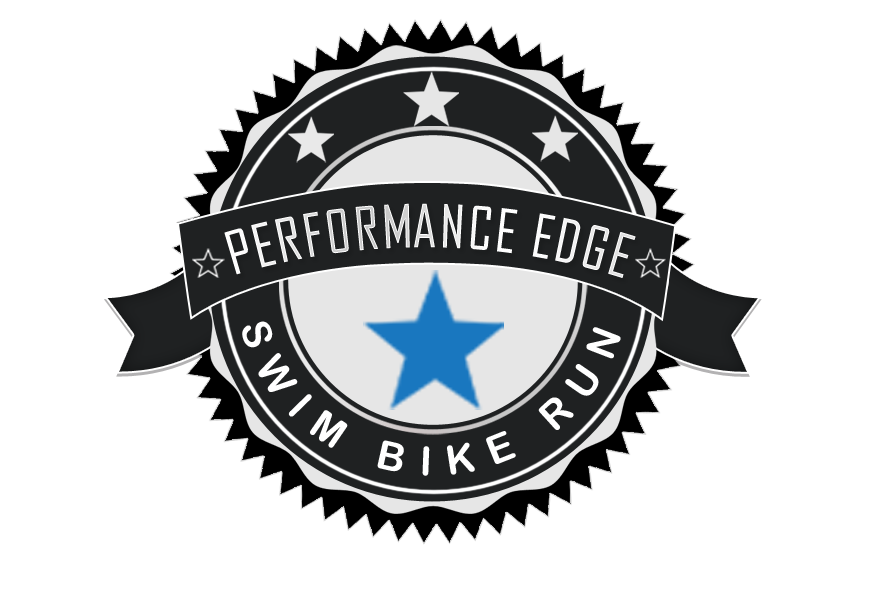One of our athletes, Ian Jones has written a nice piece about his thoughts on what it takes to stand on the start line of an Ironman and has linked it to how competitors must have felt on the show Mastermind. So without further ado over to Ian for his general knowledge round.
For 25 years Magnus Magnusson struck fear into the heart of any competitor that dared to sit in the black leather chair. I’m talking about the popular BBC game show called Mastermind where competitors battled to answer questions on specialist subjects such as ‘The history and genealogy of European royalty’. There could only be one winner in a season and they would be the one adorned with the title of Mastermind.
In many ways, the Ironman triathlon is exactly the same as Mastermind. Each and every competitor stood on the start line is struggling to breathe, not from their overly tight neoprene wetsuit but from fear. Fear of the challenge ahead, fear of failure, fear of Magnus appearing and telling them that their time is up. Everybody seems to know someone who has completed an Ironman and they all have varying tales of torture ready to distil, mostly revolving around the swim - “My friend Joe had 5 teeth knocked out during the swim.” Despite these stories, completing an Ironman is still a ‘bucket list’ item for a lot of people. Unfortunately for most, the ‘bucket list’ is where it will remain as the prospect of swimming 2.4 miles, cycling 112 miles and running 26.2 miles in under 17 hours seems ludicrous, a challenge too big, too daunting and one where failure feels very real. The feeling of the spotlight being on them is too much and they don’t have the luxury of a nice black leather chair to sit in!
In reality, the single hardest part of completing an Ironman is not sitting in the chair waiting for the start, it’s the preparation involved in getting there. If you can stand on the start line fit and healthy then barring a mechanical issue or just plain bad luck, there is nothing to stop you crossing that finish line and hearing the sweetest four words in triathlon – “You. Are. An. Ironman!” I appreciate you may be thinking that my comments are flippant or that I have lost my mind but there is a solid reason behind this argument. If you are stood on the start line of an Ironman, you have gone through the training, you've regularly set your alarm to wake you up at a time you didn't think existed and done numerous early morning swims. You've cycled in every type of weather condition possible and had parts of your body you weren't aware of go numb. You've ran like Forest Gump and done numerous 'brick runs' – this is just a fancy term for running 'off the bike' with very wobbly legs. You've spent hours trawling through the internet learning how to swim like Phelps, cycle like Froome, run like Farrah and have spent more money than credit card 1, 2 and 3 can cover. All in all you've become a finely tuned early bird with no money, ready to tackle and complete the long course.
In 2016, there were 2,094 athletes entered into Ironman UK. While that's not at the levels of perhaps a big city marathon such as London or New York, it is awe inspiring to see so many individuals who have gone through a tough, demanding training program. Completing an Ironman is most certainly not a walk in the park, it’s tough and extremely challenging. You may not have a specialist subject and you could be worrying about what happens next but just remember, the beeping you can hear is not time up, it’s most likely your Garmin reminding you that you’ve started so you might as well finish.

